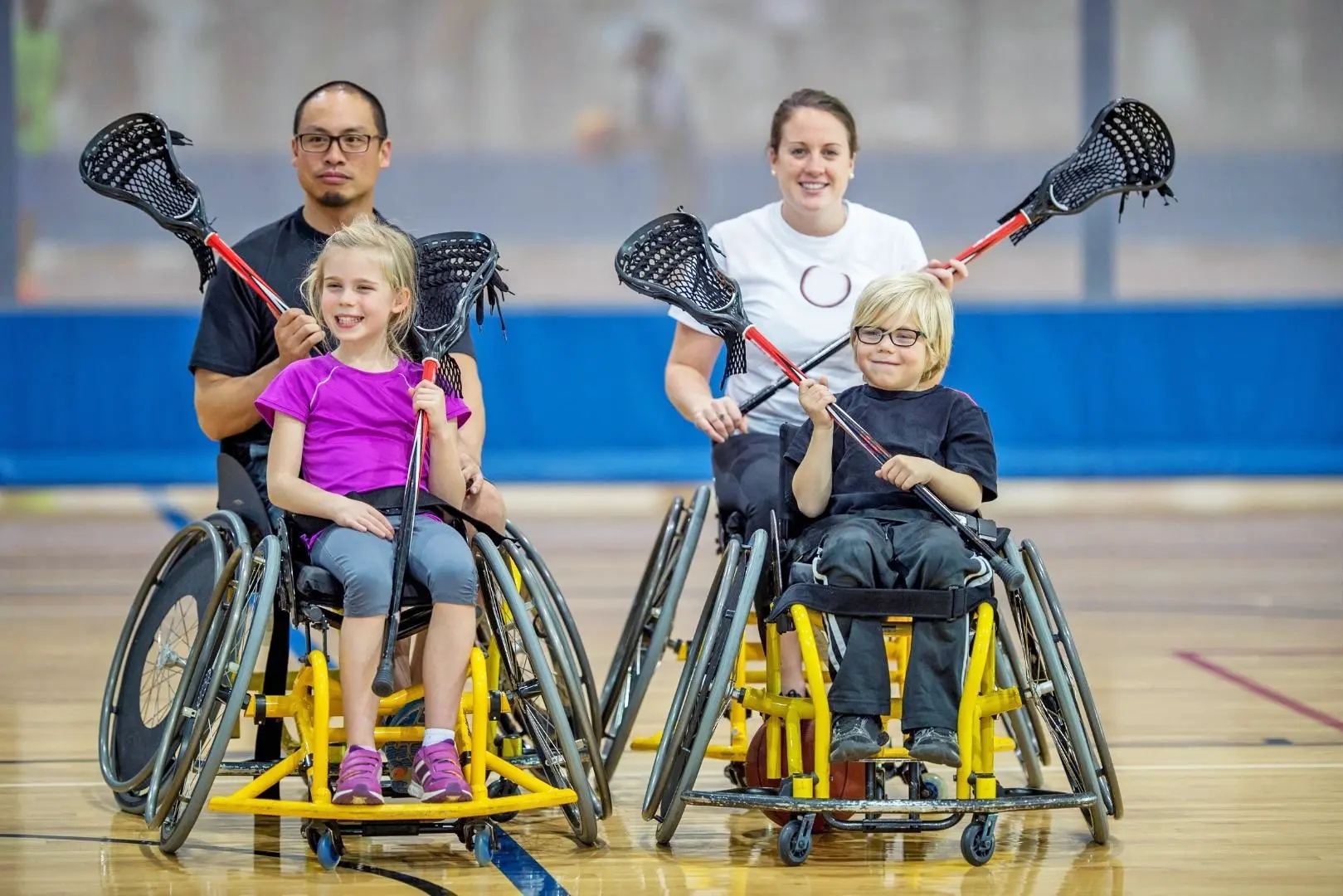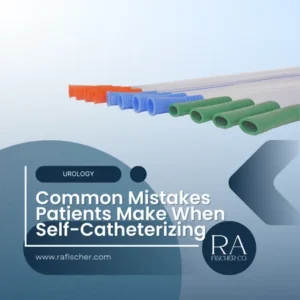
Blog
The Process of Scheduling a Telehealth Consultation
Discover how scheduling a telehealth consultation through trusted partners like HubMD, CallOnDoc, and SkyMD can provide fast, expert care for a variety of conditions.
![Picture of five medical professionals wearing white lab coats. [ Provider referral forms ]](https://www.rafischer.com/wp-content/uploads/2023/09/ra-fischer-home-medical-supply-iontophoresis-hyperhidrosis-conditions-cancer-neurogenic-bladder-urinary-retention-patient-success-doctor-referral-insurance-1.webp)


![Three young people engrossed in a book, sharing knowledge and enjoying a learning experience together outdoors [ contact RA Fischer treatment specialists ] [ RA fischer hyperhidrosis iontophoresis ]](https://www.rafischer.com/wp-content/uploads/2023/09/ra-fischer-iontophoresis-machine-hyperhidrosis-home-medical-supplies-sweating-success-stories.webp)
Contact one of our Treatment Specialists today to answer any and all of your questions about our products.

Discover how scheduling a telehealth consultation through trusted partners like HubMD, CallOnDoc, and SkyMD can provide fast, expert care for a variety of conditions.

The PureWick system for women offers a non-invasive, effective way to manage urinary incontinence. Find out how it works and why it’s a trusted solution.

Learn how to avoid common mistakes in self-catheterization, from cleaning to disposal, with these expert tips. Ensure safe and effective urinary care every time.